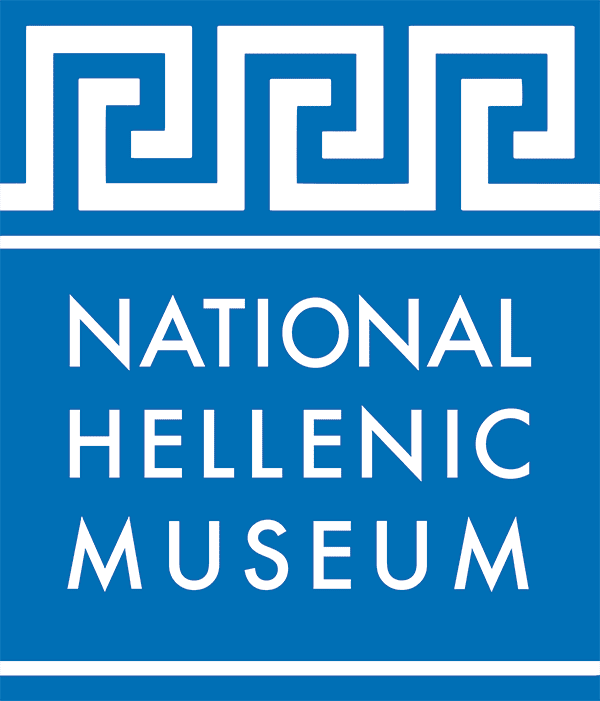COLLECTIVE MEMORY WITH MICHAEL GALATY
Sunday, October 14, 2018
2:00 – 4:00 PM
National Hellenic Museum
Non-Members: $15, NHM Members: $10, Students: $5
Memory and Nation Building addresses the complex topic of collective memory, first described by sociologist Maurice Halbwachs in the first half of the 20th century. Author Michael Galaty argues that the first states appropriated traditional collective memory systems in order to form. With this in mind, he compares three Mediterranean societies – Egypt, Greece, and Albania – each of which experienced very different trajectories of state formation. Galaty attributes these differences to varying responses to collective memory in all three places through time, with climaxes in the Ottoman period, during which all three were under Ottoman control. Egypt was characterized by deeply meaningful memory tropes concerning national unity, which spanned all of Egyptian history, while Greece experienced memory fragmentation, a condition exacerbated by periods of imperial conquest. Albania adapted and assimilated when faced with foreign domination, such that an indigenous Albanian state did not form until 1912.
Galaty builds a diachronic model of state formation and its relationship to memory and political control. Memory and Nation Building culminates in an analysis of modern collective memory systems and resistance to those systems, which are often framed as conflicts over “heritage”. The formation and eventual fall of the short-lived Islamic State serves as an example of extreme memory work, with lessons for other modern nations.
Michael L. Galaty is Professor of Anthropology in the Department of Anthropology at the University of Michigan and Director of the Museum of Anthropological Archaeology. He has conducted two decades of archaeological fieldwork in Messenia and Mani, Greece, focused on the origins of complex societies. In his most recent book, Memory and Nation Building: From Ancient Times to the Islamic State, he argues that creating a shared sense of collective memory was key to the rise of the world’s first states, including the Mycenaean states of Greece. In this presentation, he describes Greek collective-memory work through time, as well as that of his own Greek family. His great, great grandfather arrived in the United States in the aftermath of the American Civil War, one of the “first Greeks” in Chicago.
We apologize, but online payments are no longer available. Payment will be accepted at the door.


